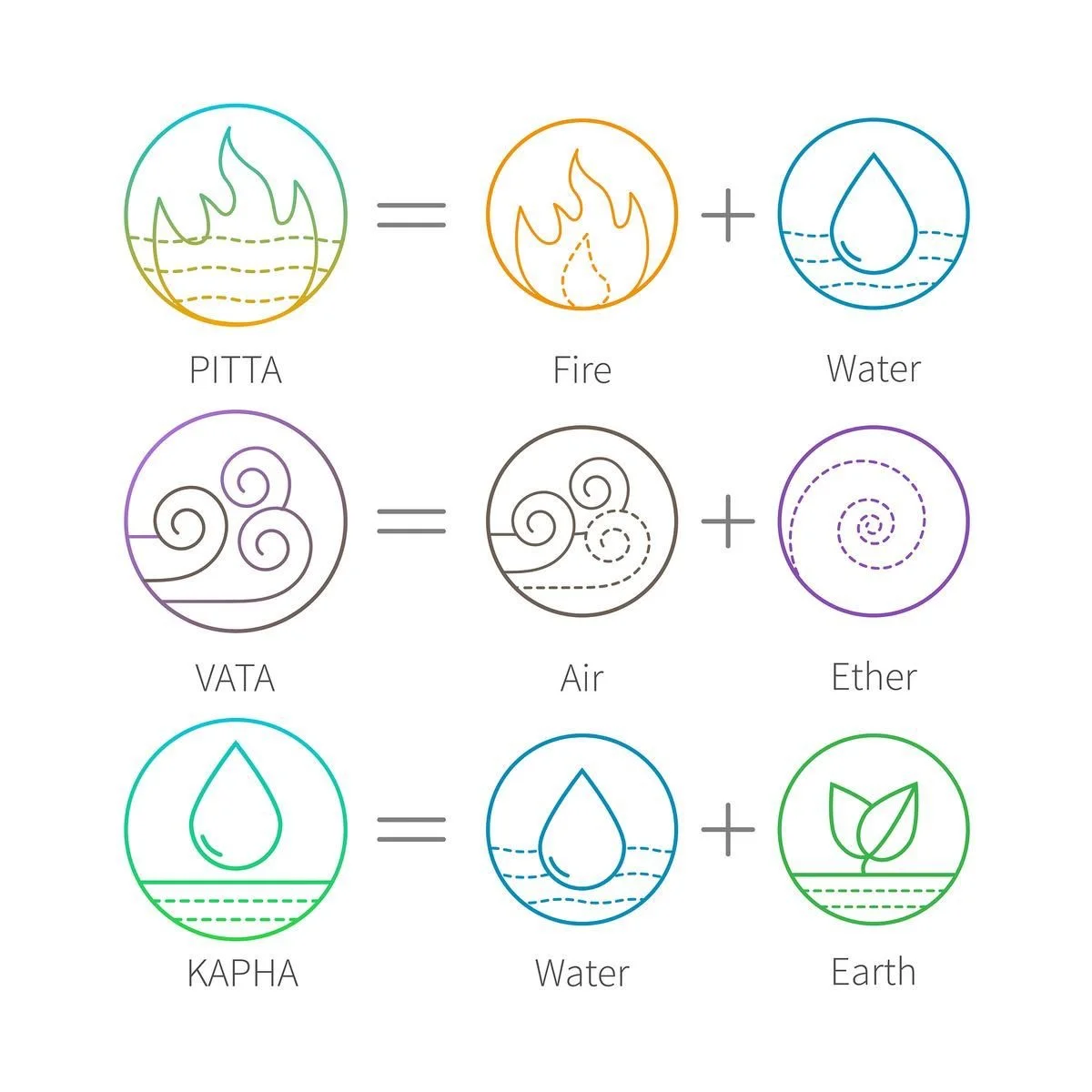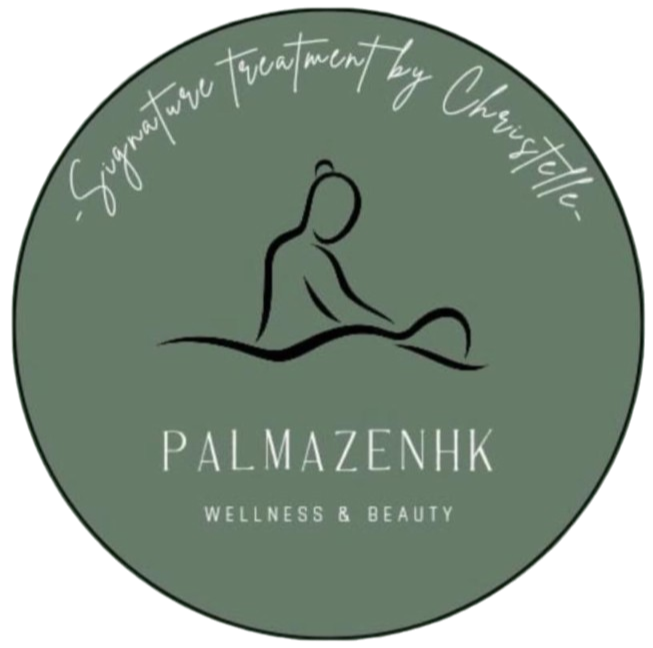 Image 1 sur 2
Image 1 sur 2

 Image 2 sur 2
Image 2 sur 2



Ayurvedic Consultation (60 min)
The objective of an Ayurvedic assessment is firstly to determine the natal constitution, then the state of imbalance, in order to find the causes.
The interview will be conducted according to a protocol that includes observation, touch and investigation or questioning.
Examination of the pulse, tongue, skin, eyes, nails will provide additional information.
Your practitioner will ask you about your lifestyle habits, the state of your digestion and elimination (stools, urine, sweat), your diet, your sleep, your mental and emotional functioning, your medical history, etc.
In a second step, the Ayurveda practitioner will establish a completely personalized program in order to rectify these imbalances by acting on their roots using different therapeutic tools such as:
- rules of hygiene of life (rhythms, schedules, activities);
- diet;
- body care and massages;
- use of spices and food supplements;
- physical exercises;
- exercises to control the mind and emotions: breathing or pranayama, relaxation, meditation, visualization and other practices from the field of yoga;
- subtle therapies: aromatherapy, sound therapy, stone therapy and color therapy;
- and any other method that he deems appropriate for the patient and the specific situation.
Of course, the methods used are specific to each practitioner according to their choices and training. The frequency of visits will also depend on the practitioner's choice.
The complete Ayurvedic assessment helps you better understand your functioning and metabolism on a daily basis, and gives you the keys to remedy the ailments that disturb your natural balance.
It does not replace a medical consultation and is not a substitute for medical or paramedical treatment.
The objective of an Ayurvedic assessment is firstly to determine the natal constitution, then the state of imbalance, in order to find the causes.
The interview will be conducted according to a protocol that includes observation, touch and investigation or questioning.
Examination of the pulse, tongue, skin, eyes, nails will provide additional information.
Your practitioner will ask you about your lifestyle habits, the state of your digestion and elimination (stools, urine, sweat), your diet, your sleep, your mental and emotional functioning, your medical history, etc.
In a second step, the Ayurveda practitioner will establish a completely personalized program in order to rectify these imbalances by acting on their roots using different therapeutic tools such as:
- rules of hygiene of life (rhythms, schedules, activities);
- diet;
- body care and massages;
- use of spices and food supplements;
- physical exercises;
- exercises to control the mind and emotions: breathing or pranayama, relaxation, meditation, visualization and other practices from the field of yoga;
- subtle therapies: aromatherapy, sound therapy, stone therapy and color therapy;
- and any other method that he deems appropriate for the patient and the specific situation.
Of course, the methods used are specific to each practitioner according to their choices and training. The frequency of visits will also depend on the practitioner's choice.
The complete Ayurvedic assessment helps you better understand your functioning and metabolism on a daily basis, and gives you the keys to remedy the ailments that disturb your natural balance.
It does not replace a medical consultation and is not a substitute for medical or paramedical treatment.

